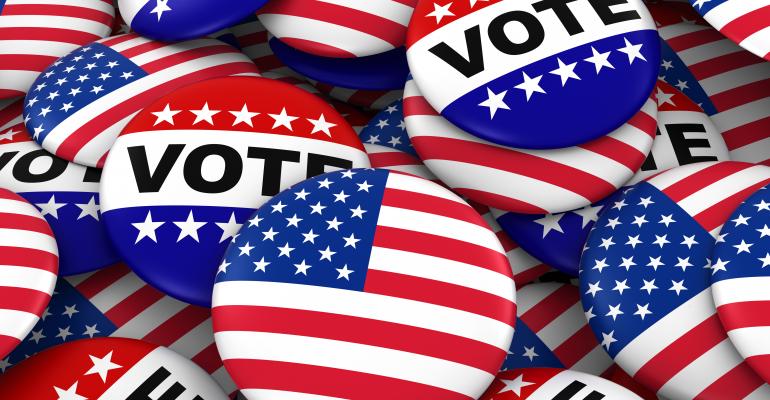Opponents of Georgia’s new elections law call it an attack on voting rights, and some organizations are taking a stand in opposition. Major League Baseball has decided that it won’t hold its 2021All-Star Game in Atlanta this summer; 72 Black business leaders published an open letter in the New York Times arguing that Georgia is “backtracking on the hard-won right to vote”; and activists have called for boycotts of major Georgia companies.
Will meetings and conventions take a stand?
Over the years, conference groups have leveraged their economic power to take a stand on social-justice issues. Some of the controversies that have led to mass convention cancellations include Arizona’s decision in 1997 to not create a Martin Luther King Jr. holiday; Arizona’s controversial immigration law SB1070 passed in 2010; and North Carolina’s HB2 law that limited protections for gay and transgender people.
The new Georgia law shrinks the window for early and absentee voting, changes voter-ID requirements, limits the number of ballot drop boxes, gives state lawmakers more power over the election process, and bans distribution of food and water around polling places.
This could be the kind of high-profile issue that makes conference organizers relocate their events or avoid a destination in the first place. However, it comes at a challenging time for an industry that’s on the verge of recovery after a year devasted by the pandemic.
For Jason Monti, CEO/Partner at USA CBD Expo, his event at the Georgia World Center in Atlanta in June is critical, but the state’s political situation is on his mind. “We are a small business, a trade-show company that barely survived the Covid pandemic. It is our mission to further the advancement of the CBD/Hemp industry. At this point, it would be devastating to our company to postpone or cancel the event. We are meeting internally to discuss the matter further,” he said.
For Jason Dunn, immediate past chair of the National Coalition of Black Meeting Professionals and co-chair of the Events Industry Council Equity Task Force, there’s a lot to consider before using a Georgia meeting boycott as a protest strategy. “I believe and maintain the theory that tourism empowers communities. That being said, I don’t believe that anyone can dismiss the impact that the state of Georgia has had on the pursuit of civil rights throughout history or how this new legislation may influence generations to come.”
“There is a parallel act of consciousness at play,” Dunn continued. “On one hand, the tourism industry is just beginning to show signs of strength and, fortunately, call people back to work due to the introduction of or confidence in vaccinations. Many of those returning employees are of color and disproportionately hourly workers who are desperately trying to provide for their families in a sustainable way. On the other hand, many of those same people could be directly affected by the voting policies in question.
“The answer to whether or not to boycott the State of Georgia has to be based on the principle of ‘The Why.” What I mean by that is, an organization has to reflect on ‘why or what’ their mission is and ensure that all actions or functions align to the benefit of their constituents and maintain the integrity of their founders. Separately, I would encourage people to actually read the legislation and determine if it aligns with your personal passion and find ways to get involved.”





